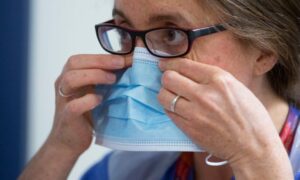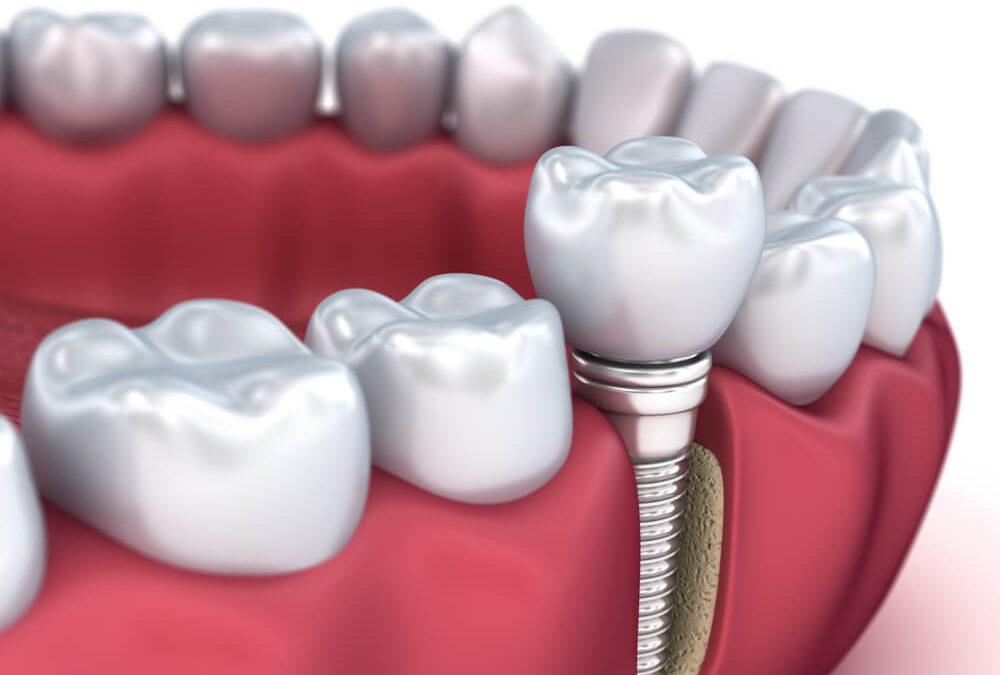What type of face mask offers the best protection against Covid-19?
Does it matter what kind of mask you wear?
Yes. Different types of mask offer different levels of protection. Surgical grade N95 respirators offer the highest level of protection against Covid-19 infection, followed by surgical grade masks. However, these masks are expensive, in limited supply, contribute to landfill waste, and are not comfortable to wear for extended periods. So even countries that have required the public to wear face masks have generally suggested that these masks should be reserved for healthcare workers or those at particularly high risk.

Evidence on the protective value of disposable paper masks or reusable cloth coverings is less clear, but still suggests that face masks may contribute to reducing the transmission of Covid-19. The analysis of the Royal Society said this included homemade cloth face masks.
Are disposable paper surgical masks better, or is a cloth mask OK?
Evidence on any mask use, outside of surgical masks, is still emerging: there appears to be some benefit, but the exact parameters of which masks are best and the extent to which they protect the wearer or those around them are still being calculated. . Outside. A tighter fit around the face is probably best, but the US Centers for Disease Control and Prevention (CDC) suggest that any coverage , including a bandana, is better than none.
A US study investigated which household materials would best remove particles 0.3-1.0 microns in diameter, the typical size of viruses and bacteria, and concluded that good options include vacuum cleaner bags, heavy “quilt cotton” or multiple layers of material . Scarves and bandana were less effective, but still captured a fraction of the particles.
How do you safely turn them on and off?
Before putting on a mask, clean your hands thoroughly with soap and water. Cover your mouth and nose with the mask and make sure there are no gaps between your face and the mask. Avoid touching the mask when using it, and if you do, wash your hands. Replace mask when damp. To remove your mask, peel it off using the elastic tags, without touching the front, and dispose of it immediately in a closed bin or, if the mask is reusable, directly in the washing machine.
How often do you need to wash masks?
They must be washed after each use. The CDC suggests "routinely" .
Is there an environmental concern?
Many commercially available masks are made from layers of plastic and designed for single use. according to a analysis by scientists at University College London , if everyone in the UK wore a single-use mask a day for a year, an extra 66,000 tonnes of contaminated plastic waste would be created. The use of reusable masks by the general population would significantly reduce plastic waste and the climate change impact of any policy requirement for the use of masks, according to the UCL team, led by Prof Mark Miodownik. They say that, according to the best evidence, reusable masks accomplish most of the tasks of single-use masks without the associated waste stream.



0 Comments